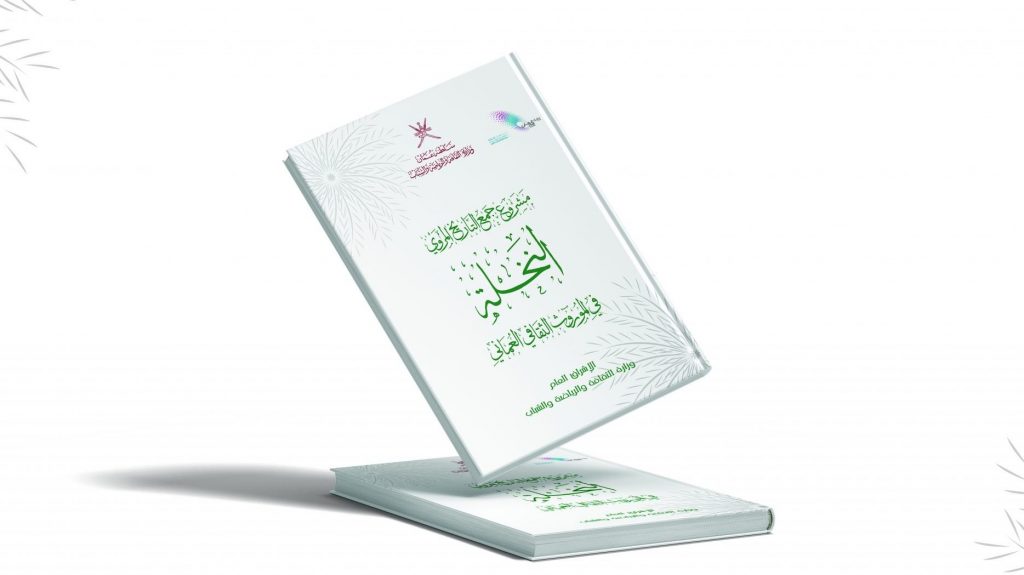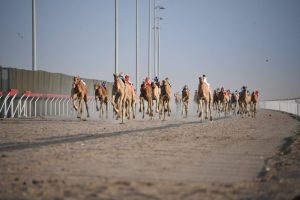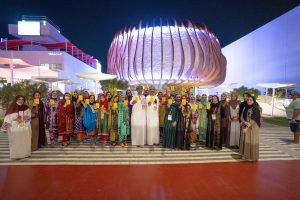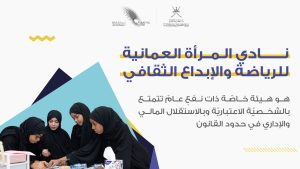On Thursday, Sayyid Dhi Yazan bin Haitham Al Tariq, the Minister of Culture, Sports and Youth, sponsor the Launch of the book “The Palm in the Omani Meroitic History”, within the project of collecting narration history under his supervision. At 12:00 pm, the Sayyid Faisal bin Ali Museum at the Ministry’s headquarters in Al Khuwair will present the Palm Book, an Omani Meroitic History Collection publication created to document that history through a narrator. Moreover, in recognition of the importance of oral narration in the writing of history, this project aims to document knowledge, skills, and manners associated with the Omani civilization and preserve them for successive generations, which may be lost to the process of time as a result of the passing of those who knew them. In Addition, this project dealt with many fields and cultural vocabulary for the Omani society in many governorates in Oman. Also, the programs implemented in this project have contributed to promoting intellectual and research mobility and enriching the library with numerous studies on the vocabulary of Omani culture. Moreover, the Ministry implements these programs through Omani researchers, giving them the chance to present their work and research in the field.
“The Palm in the Omani Meroitic History” book has A two-volume written by D. Masoud Al-Karosi and Ahmed Al Azizi. this book contains many definitions and chapters, including an account of the date palm in the Holy Qur’an and its significance in the history of many civilizations. Additionally, Omani poetry and proverbs also refer to the palm tree’s stages and fruits such as khalal, sloping, wet, jad, and tbsil. There is also contains the benefits reaped from the palm, such as storing dates for the production of molasses, the characteristics of the palm, and pod products. Since its beginning, the Ministry has implemented various projects in this program but the first one was to collect irrigated history in the wilayats of Samail and Qurayyat that dealt with the human life cycle and another was to collect irrigated history in the wilayats of South Al Batinah Governorate. It presented three themes: popular literature, popular belief, and folklore in six volumes.
The Ministry implemented a project to document the Meroitic maritime history in Sur, a project to document the Meroitic history of education in Nizwa, and the social and economic history of Muscat. Moreover, the project to document the distribution of aflaj water among the Omanis and the project to document the irrigated history of the “Badia Hayat”, and these projects have been documented in books.
In addition to this project, the Ministry has implemented a program to document the vocabulary of intangible cultural heritage and it focused on one word from the Omani culture vocabulary, in which a book is published through the information documented by the practicing narrators of this cultural vocabulary. The program is implemented in many vocabulary elements, such as the Omani dagger, the art of brilliance, the field, the azi, the stick of the bell, the art of the soul, and from childhood songs, the horses and camel performances. The advocacy for markets and landings in these projects being documentary serves as a data and information base for the preparation of nomination files regarding intangible cultural heritage to be submitted to UNESCO.










